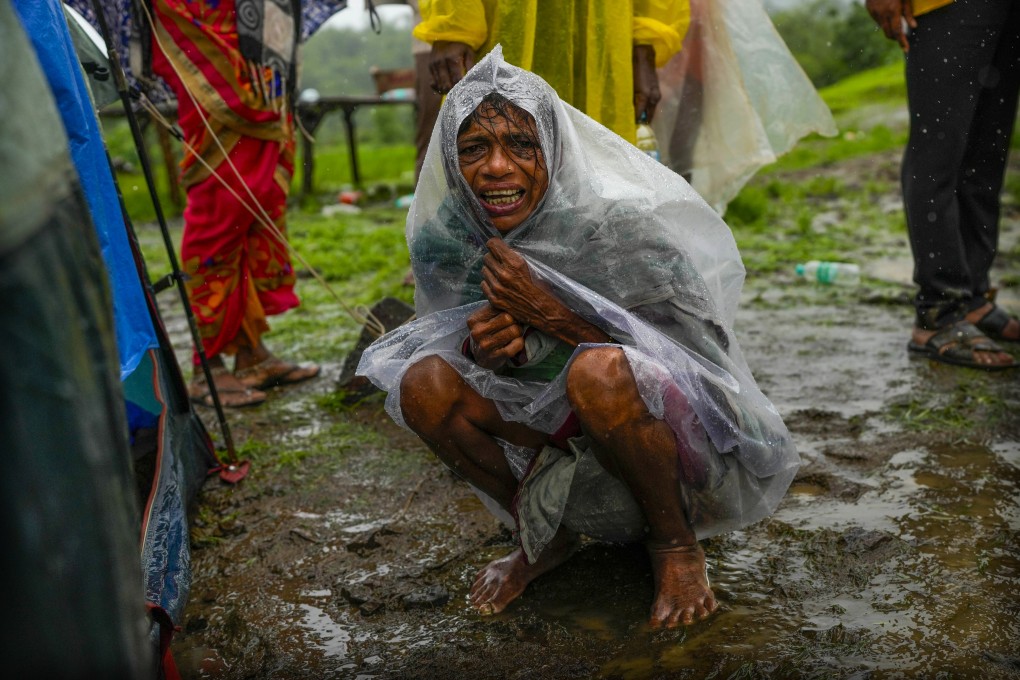Asia’s climate goals at risk over Cop28’s modest transition from fossil fuels: ‘we have one foot in the grave’
- Critics say the deal is still severely lacking when it comes to addressing the climate concerns of developing nations
- Asia faces multiple obstacles to its clean energy transition, with countries such as China, India and Indonesia failing to provide clear timelines for ending coal usage

The text also includes agreements to triple the deployment of renewable energy and double the rate of efficiency gains by the end of the decade.
Climate activists welcomed the language on fossil fuels to reflect the consensus view of the nearly 200 countries gathered in Dubai, but said it was still severely lacking when it came to addressing the climate concerns of developing nations.
“The new text still falls far short of what is the only acceptable action – a rapid, full, and equitable fossil fuel phase-out in line with 1.5 degrees Celsius,” said Gerry Arances at the Centre for Energy Ecology and Development, which is based in the Philippines.
“It is a text that limits even the phase-down of coal, fails to acknowledge necessary timelines and hails the notion of ‘transition fuels’ – a term used as code to force more fossil fuels, especially gas, onto developing economies,” he said.
“The world’s most vulnerable peoples do not have the luxury to let go of a fast-closing window to keep our future liveable. We already have one foot in the grave.”
